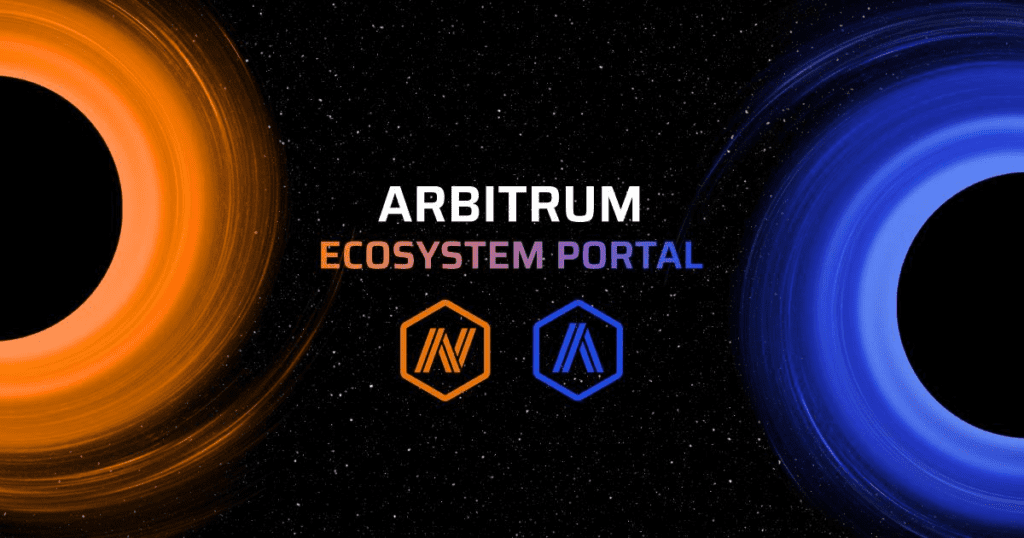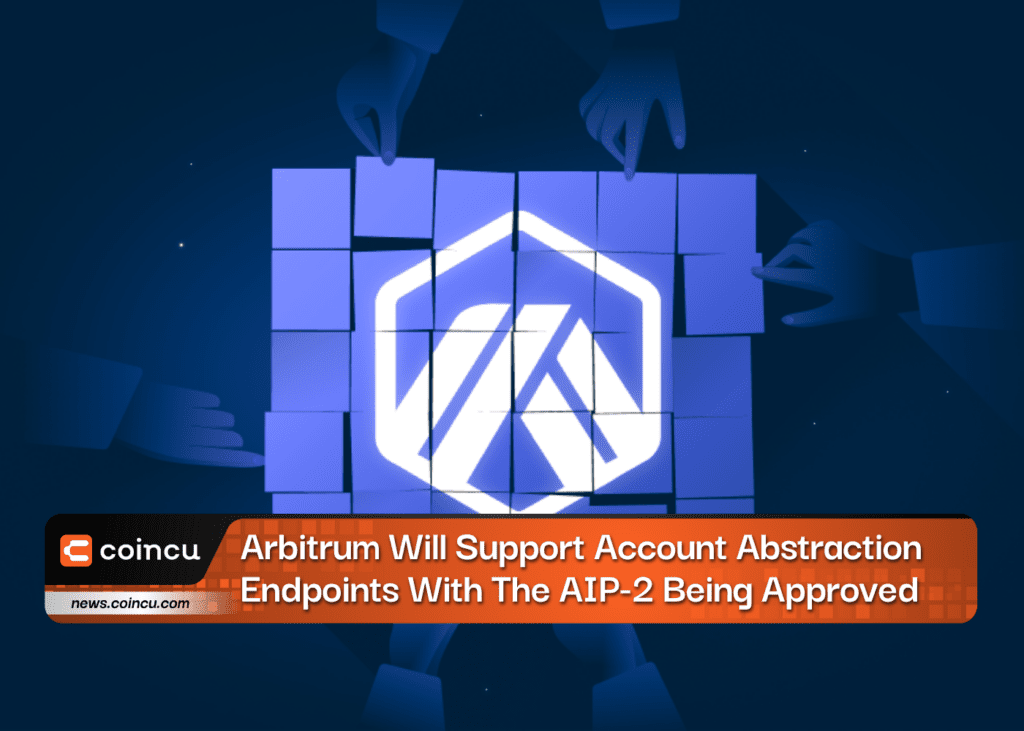Key Points:
- AIP-2 proposal with overwhelming support to activate account abstraction endpoints on Arbitrum One and Nova has passed.
- Ethereum introduces eth_sendRawTransactionConditional endpoint for L2 sequencers to cater to ERC-4337 bundlers.
- Offchain Labs implements the endpoint in Nitro v.2.0.14, addressing issues related to in-account storage changes during transaction validation and execution.
According to Tally, the AIP-2 proposal, which aimed to activate support for account abstraction endpoints on Arbitrum One and Nova, has passed.

The voting support rate reached an overwhelming 99.95%, indicating strong community consensus. The proposal, put forth by Ethereum researchers, introduces a new RPC endpoint called eth_sendRawTransactionConditional, designed to address the specific needs of ERC-4337 bundlers in the L2 sequencer environment.
Offchain Labs played a crucial role in the development, testing, and incorporation of necessary adjustments into Nitro v.2.0.14. This version, now live on the Arbitrum testnet, supports the proposed endpoint for the Arbitrum sequencer. The AIP recommends the activation of support for this endpoint on the Arbitrum One and Nova mainnets by the Arbitrum DAO.

The motivation behind the proposal stems from EIP-4337, which introduced a split between validation and execution in the bundling process of L2 transactions. However, this separation posed potential issues for bundlers as the delay between transaction submission and inclusion could lead to changes in smart contract account storage, invalidating the transactions. To mitigate this risk, the new eth_sendRawTransactionConditional endpoint allows users to specify valid ranges for block heights and timestamps, enabling sequencers to reject transactions that do not meet inclusion criteria during the early validation phase.
The proposal aligns with the DAO’s constitutional value of maintaining harmony with the broader Ethereum ecosystem. The eth_sendRawTransactionConditional endpoint, developed by the Ethereum Foundation, addresses the implications of EIP-4337 for layer 2 sequencers. Active exploration and development of similar endpoints in various EVM layer 2 solutions further highlight the need for such functionalities in sequencer/bundler interactions.
The Arbitrum community’s values of social and technical inclusion are also upheld through this proposal, as it enables one of the core features of account abstraction, offering improved user experience and other benefits.
The specifications for implementation can be found in PR #1474 on Github, which documents the development, testing, and review stages conducted by Offchain Labs. Key adjustments were made to the checks performed before transactions reached the sequencer, including a configuration value change to the load balancer, allowing conditional transactions with up to 1,000 slots. Additionally, to prevent potential DOS attacks, the Arbitrum sequencer’s pre-check was updated to include a backward-looking validity check, ensuring transactions only execute if they met their own conditions prior to submission.
The implementation process primarily involves changing the load balancer configuration value, building upon the work already accomplished by Offchain Labs.
With the overwhelming support received, the implementation of the eth_sendRawTransactionConditional endpoint on the Arbitrum One and Nova mainnets brings enhanced functionality and security to the ecosystem, aligning with the broader Ethereum ecosystem’s trajectory and promoting a sustainable decentralized future.
Circle, the company responsible for the USD Coin stablecoin, recently said that its Cross-Chain Transfer Protocol is currently running on Arbitrum. CCTP enables the transfer of USDC between blockchain networks by burning native USDC on the originating chain and minting an equal amount on the receiving chain.
DISCLAIMER: The information on this website is provided as general market commentary and does not constitute investment advice. We encourage you to do your own research before investing.





